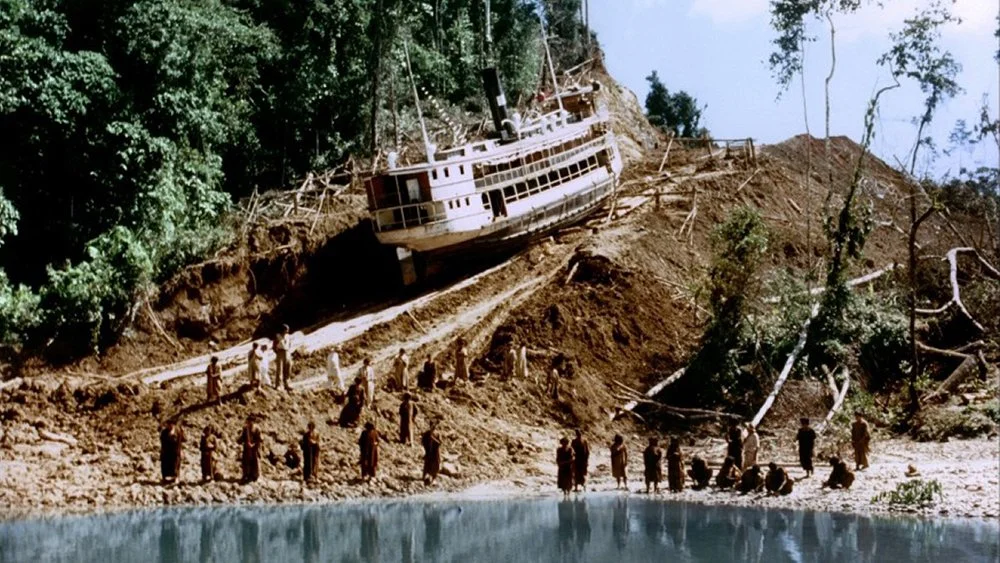The Problem with Filmmaking Advice: Everyone's an Expert
What is it about filmmaking that attracts imposters and faux experts? Is it the allure of glitz and glam? Is it because the criteria for success and expertise is subjective? Or is it because this is an industry which has traditionally excelled at ego stroking, therefore attracting those personalities more prone to enjoy a good ego stroke?
I asked myself this question recently as I followed a long debate on a Facebook group about if it is ever okay to ask cast and crew to work for free. The instigator of the debate has a weekly habit of preaching about the correct way to make movies: investors, tax incentives, finance, all that jazz. And I am not saying he is wrong, the traditional film finance structure is certainly ideal, but look up this producing expert on IMDb to see how many films he has made himself? The answer is zero.
He is hardly the only industry “expert” throwing out advice with no real world experience to back it up. There is a director from Australia I know who likes to write posts giving actors advice on how to secure roles. He lists what he looks for in actors as a director. Completed projects he has directed on IMDb: zero.
Then there is the actor I know who makes sure to boast in every bio on how he is a “working actor” and offers life coaching as part of his services so you too can achieve your dreams. According to his IMDb he has auditioned for some big roles. Number he has landed: zero.
But I don’t want to belittle people. We are all trying, in our own way, to find success in this industry. And in the past, when I was first starting out, I thought I knew more about filmmaking than I actually did, and I would exaggerate my experience or knowledge to impress or to prove to people (but mostly myself) that I was worthy.
As I grew older and accumulated actual experience, I gained the self-awareness to realize how much I still have left to learn and I no longer felt the need to prove anything to anyone. Yet there are still so many people in filmmaking who endlessly talk themselves up, lost in their own ego, convinced they know everything about anything.
Why is this a problem? Because when everyone's an expert, it can be difficult to know who to listen to and who is just blowing self-inflated air in your general direction.
Worse, it can cripple your filmmaking. If you are advised over and over again there is only one correct way to do things but this way is beyond your means, it can stifle your creativity, ambition, and ability to think outside of the box.
One famous example is Werner Herzog in Fitzcarraldo (1982). He set out to film a challenging and seemingly impossible sequence involving the transportation of a 320-ton steamship over a hill in the Peruvian jungle without the use of special effects. Experts, engineers, and industry professionals told Herzog it couldn’t be done, yet despite the naysayers and setbacks, Herzog remained determined and insisted on pursuing his vision. His team used a system of pulleys, winches, and manpower to achieve this amazing feat and it became a symbol of Herzog's determination and dedication to his craft, and this feat is often cited as one of the most iconic moments in the history of filmmaking.
Now, I am not saying never listen to any advice at all — the right advice can propel you forward and may have a profound impact on your career. I am saying be careful which advice you take to heart because many words of wisdom may come from those with little true wisdom or imagination of their own.
One thing I always mistrust is somebody who deals in absolutes. “This is the only way.”
Sorry, but nothing in art is black and white. Pseudo experts rarely accept there's no one-size-fits-all approach in filmmaking. Any advice, no matter how well-intentioned, must be adapted to each unique situation. When everyone’s an expert, then advice is just as common as opinions. And opinions are like … I think you know the rest.
Written by Ivan Malekin


